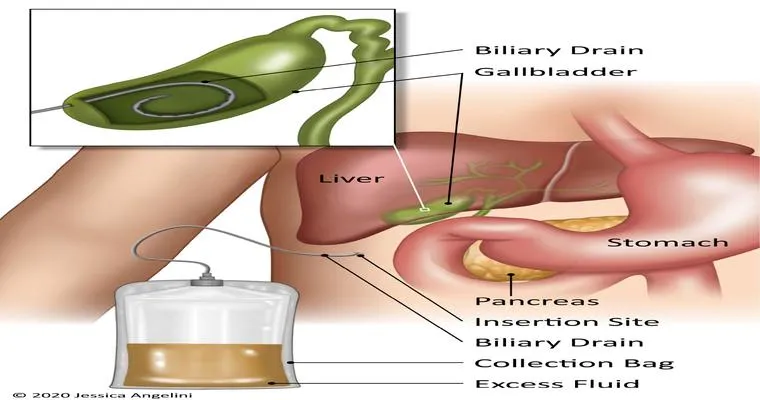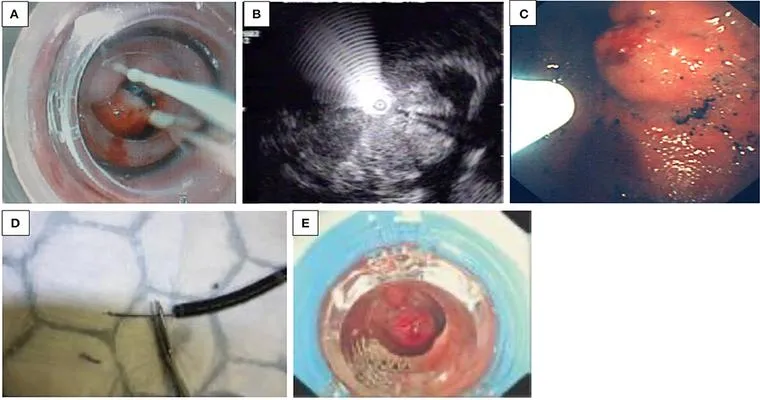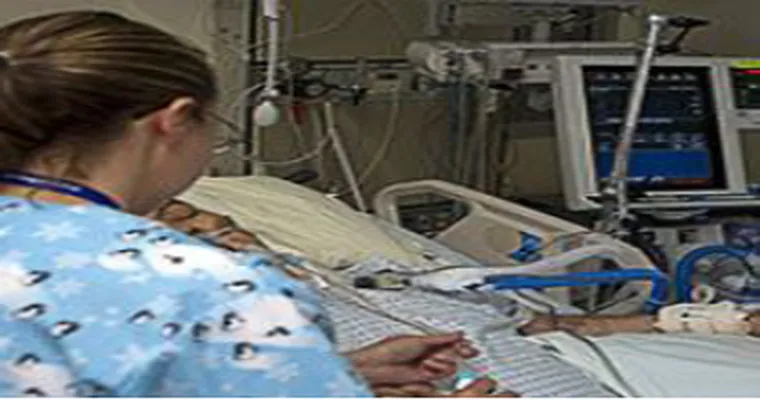Dealing with a "gallbladder drain" can be challenging, especially for families who have a loved one living with it for an extended period. Many people are unfamiliar with the "care" and "management" required for someone with a gallbladder drain, which can lead to confusion and concern. If you are looking for tips or suggestions on how to support a parent or loved one during this time, you are not alone. This article aims to provide helpful insights and advice for families navigating this situation.
Understanding the Gallbladder Drain
A "gallbladder drain", or biliary drain, is often used when a person experiences complications related to gallbladder disease, such as "gallstones" or "inflammation". This tube helps to remove bile from the gallbladder or bile ducts, preventing further complications. While it serves an important medical purpose, living with a drain can be uncomfortable and requires careful attention to "hygiene" and "monitoring".
Tips for Caregivers
1. "Educate Yourself": Understanding how the gallbladder drain works is crucial. Familiarize yourself with the procedure and care guidelines provided by healthcare professionals. Knowing what to expect can help ease any anxiety for both you and your parent.
2. "Maintain Hygiene": Keeping the area around the drain clean is vital to prevent infections. Regularly clean the skin around the drain with a mild soap and water, and ensure that any dressings are changed as directed by a healthcare provider.
3. "Monitor for Complications": Be vigilant in observing any changes in your parent’s condition. Look for signs of infection, such as redness, swelling, or discharge around the drain site. If your parent experiences unusual pain or fever, contact their healthcare provider immediately.
4. "Encourage Proper Nutrition": A balanced diet can support recovery and overall well-being. Help your parent choose low-fat meals, as high-fat foods can exacerbate gallbladder issues. Consult a nutritionist if needed for further dietary guidance.
5. "Promote Hydration": Keeping hydrated is essential for overall health. Encourage your parent to drink plenty of fluids, as this can help with digestion and general recovery.
6. "Assist with Daily Activities": Living with a gallbladder drain can be physically limiting. Offer assistance with daily activities, such as bathing, dressing, and moving around, to make your parent’s life more comfortable.
7. "Provide Emotional Support": Living with a medical device can be emotionally taxing. Be there to listen and provide reassurance. Encourage your parent to express their feelings and concerns about the situation.
Seeking Professional Help
If you find that the caregiving experience is overwhelming, do not hesitate to reach out for professional help. Home health aides or nurses can provide additional assistance in managing the gallbladder drain and ensuring your parent’s comfort.
Conclusion
Living with a "gallbladder drain" can be a significant adjustment for both the patient and their family. By educating yourself, maintaining hygiene, monitoring for complications, and providing emotional support, you can help your parent navigate this challenging time. Remember, you are not alone in this journey, and seeking help from healthcare providers can make a significant difference in the quality of care your parent receives. Sharing experiences and tips with others in similar situations can also be beneficial, creating a supportive community for those affected by gallbladder issues.





